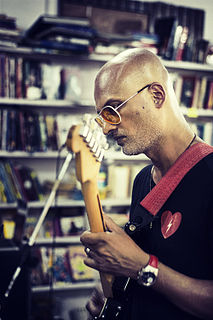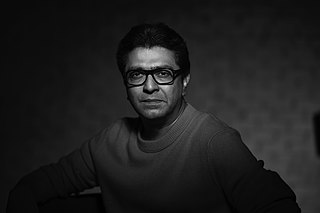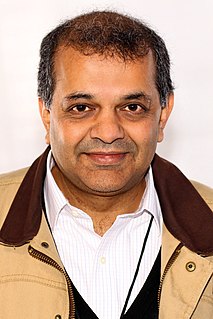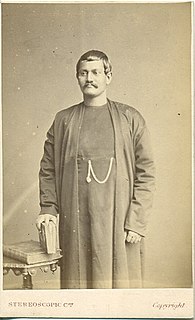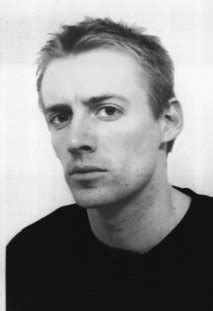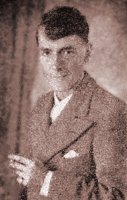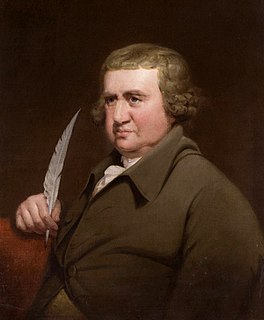A Quote by Jeet Thayil
I found Bombay and opium, the drug and the city, the city of opium and the drug Bombay
Related Quotes
Bombay as a confident, welcoming city that takes in a million new people a year, that those who want to harm the country pick Bombay. Other Indian cities, such as Delhi and Varanasi, have also been bombed recently, but Bombay's significance as the financial capital of the country means that it's the best target for terrorists who're unhappy with India's progress.
Saigon was an addicted city, and we were the drug: the corruption of children, the mutilation of young men, the prostitution of women, the humiliation of the old, the division of the family, the division of the country-it had all been done in our name. . . . The French city . . . had represented the opium stage of the addiction. With the Americans had begun the heroin phase.
America didn't have a drug problem before it passed drug laws. While drugs were consumed by large numbers of people — the number of women habituated to the opium found in laudanum was, no pun intended, staggering — they were, for the most part, easily able to live their lives, do their jobs, and raise their families pretty much the way we do today.
Bombay is far ahead of Bengal in the matter of female education. I have visited some of the best schools in Bengal and Bombay, and I can say from my own experience that there are a larger number of girls receiving public education in Bombay than in Bengal; but while Bengal has not come up to Bombay as far as regarded extent of education, Bengal is not behind Bombay in the matter of solidarity and depth.
Suffice it to say that Wall Street investors in the drug industries have used the government to unleash and transform their economic power into political and global military might; never forget, America is not an opium or cocaine producing nation, and narcotic drugs are a strategic resource, upon which all of the above industries - including the military - depend. Controlling the world's drug supply, both legal and illegal, is a matter of national security.
